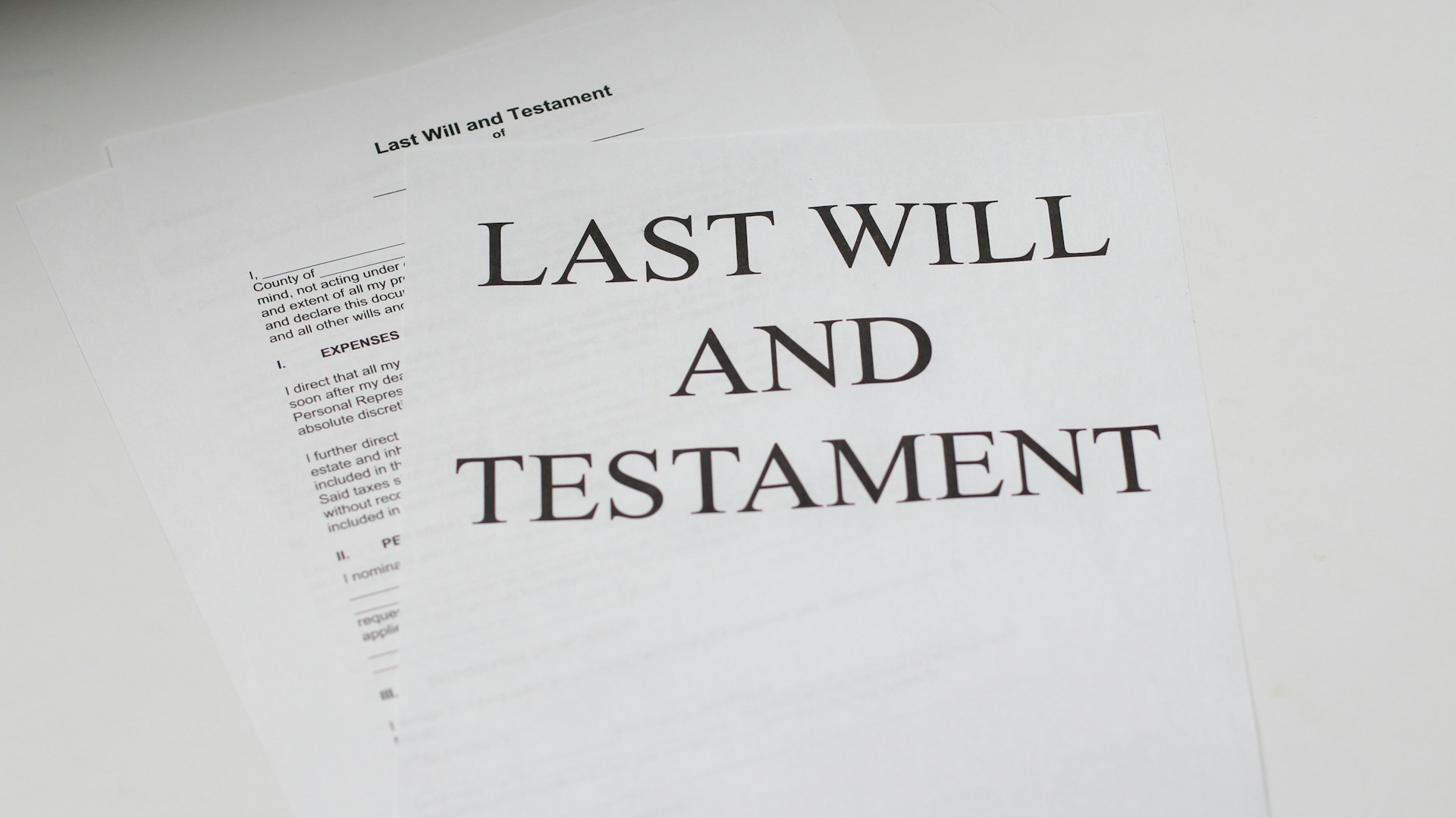Estate planning may not be the most exciting topic, but it’s an essential aspect of securing your financial legacy and ensuring the well-being of your loved ones. Regardless of your age or the size of your estate, it’s crucial to have a roadmap in place for the distribution of your assets and the care of your dependents. Delve into some important components of estate planning that you should consider while embarking on this journey.
A Comprehensive Will
A will is the backbone of your estate plan, outlining where your assets will go following your passing. This is a legal document that provides a clear, enforceable statement of your wishes, so you want it to be carefully crafted and always up to date. A detailed will prevents confusion, disputes among family members, and the potential for costly litigation. Besides specifying the distribution of your assets, these documents can also include provisions for funeral expenses and any charitable donations you want to make.
Beneficiary Designations
Naming beneficiaries is an essential component of your estate plan because it determines who will inherit your financial accounts, retirement funds, and insurance policies. Keep these designations up to date, as they will typically supersede the instructions laid out in your will. If you don’t designate beneficiaries, the courts will decide who inherits your assets, which could lead to unintended consequences and conflict among family members.
A Trustworthy Power of Attorney
A power of attorney (POA) is a legal document that designates a trusted individual to manage your financial affairs in the event of your decline during life. Selecting a trustworthy agent for your POA is essential to ensure that they’ll act in your best interest and carry out your wishes. This document remains in effect even after you become incapacitated, making it a critical part of getting you the care you need. Without a POA, your family members may need to go through a lengthy court process to appoint a guardian to manage your affairs.
A Competent Executor
An executor is the person responsible for managing your estate once you pass away. They will oversee gathering your assets, paying outstanding debts, and following your will’s instructions. Choosing a competent individual to serve as your executor is vital to ensuring the overall proper handling of your estate. Remember that being an executor can be a complex and time-consuming task, so choose someone who can handle the responsibility with diligence and integrity.
Guardianship Designations
If you have minor children or dependents with special needs, another important component of your estate planning should be guardianship designations. Naming a legal guardian for your dependents will ensure that they receive care from someone you trust in case of your death. Since this is a major responsibility, you’ll want to discuss your plans with any potential guardians you have in mind before making it official in the documentation.
The more you can include in your estate planning efforts, the more comprehensive and detailed your final wishes will be. There’s no one way to go about ensuring your future care and distributing your assets, so reach out to a professional estate planning attorney for additional information and custom advice on the matter.







